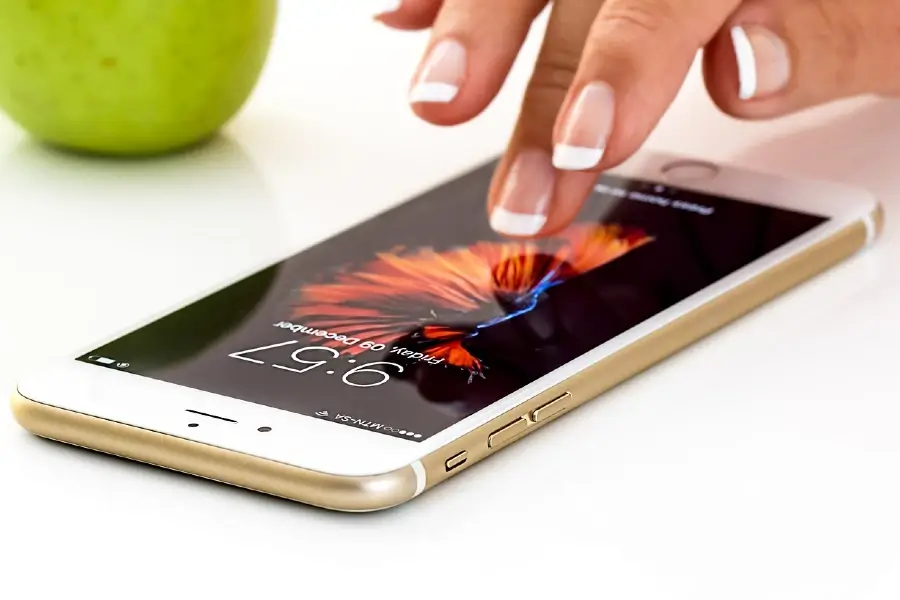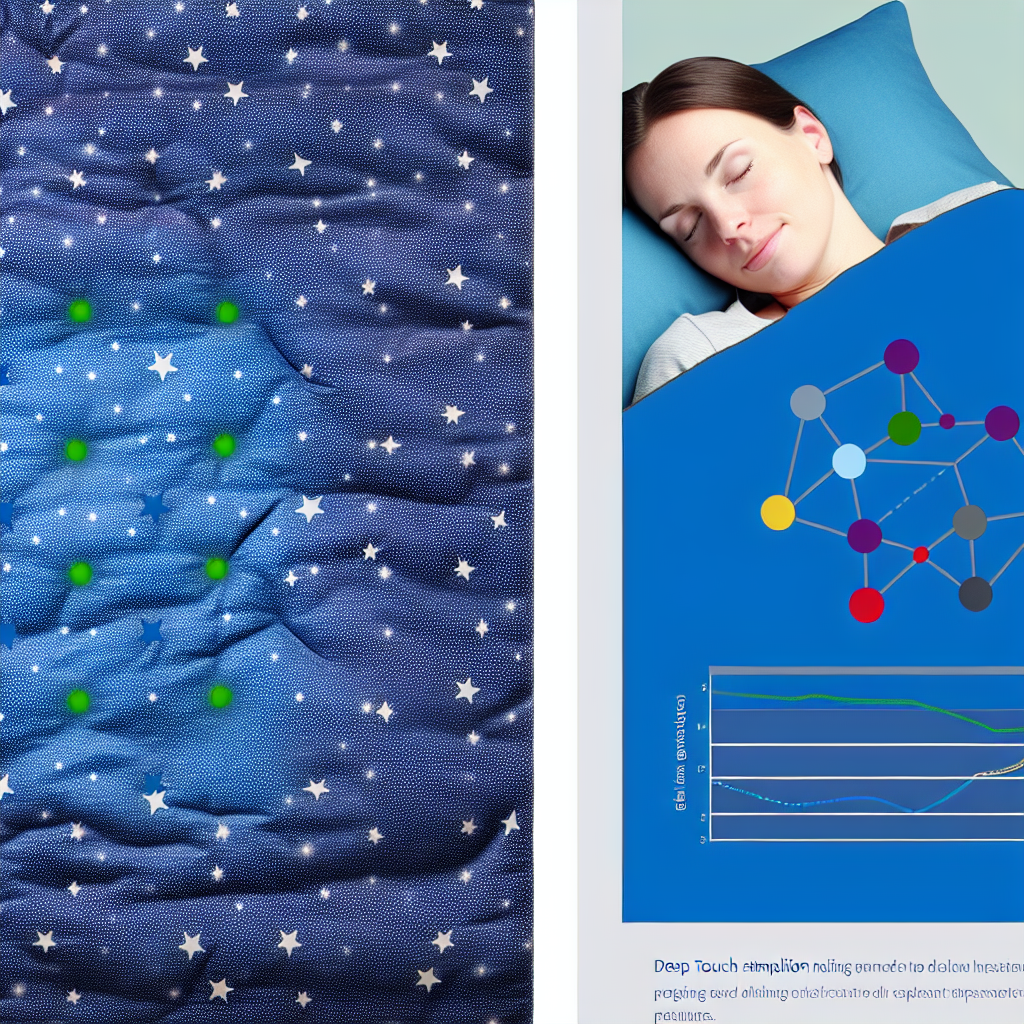How often do you find yourself waking up in the middle of the night and immediately reaching for your phone to check the time? If this sounds all too familiar, you’re not alone. Many of us share this common struggle, which can have a detrimental effect on our ability to sleep and concentrate. The problem is, most of us are unaware that using our cellphones before bedtime can significantly disrupt our natural sleep pattern.
According to a study by Van den Bulck, adolescents who used their mobile devices after the lights went off were two times more likely to report feeling extremely exhausted one year later than those who did not use their mobile devices during the night. Because children and adolescents already struggle to get adequate sleep, this is a significant problem that has to be addressed.
The constant stimulation from the phone might disrupt rapid eye movement (REM) sleep.
When a person uses their mobile phone before going to bed, they are subjected to blue light, which inhibits the generation of melatonin, essential for a restful night’s sleep. The constant stimulation from the phone might disrupt rapid eye movement (REM) sleep, crucial for memory consolidation and creative thinking enhancement. This could potentially have a significant and detrimental impact on academic achievement, particularly in children and adolescents, a concern that needs immediate attention.
While cell phones are an integral part of our everyday lives, practical steps can be taken to lessen their impact on our ability to get a good night’s rest. By implementing these strategies, you can improve your quality of sleep and put an end to your insomnia. Here are some suggestions for establishing a healthy practice for using your cell phone before bedtime, offering a glimmer of hope for better sleep.
Take a break from screens one hour before going to bed. Switch off all of your electronic devices by setting an alarm. Select a more soothing alternative activity, such as reading or listening to music, and do it instead. According to several studies, restricting the use of mobile devices in the hours leading up to bedtime has been shown to increase sleep length, sleep quality, pre-sleep arousal, positive mood, and working memory.
An app for your mobile device that restricts your use or provides a dark screen could be a good option.
You should move your phone to a separate room for the night. As a result, you won’t be tempted to check it at any point during the night, nor will you be able to use it as a distraction before going to bed. If you want to avoid picking up your phone while charging, you should put it in a location other than your bedroom, such as the kitchen or the bathroom. This will prevent you from breaking the habit of picking it up. In addition, this is an excellent method for keeping track of who is calling, ensuring that you are not awoken by a friend or a parent in the middle of the night.
An app for your mobile device that restricts your use or provides a dark screen could be a good option. Some applications also offer a “Breakdown” function, which enables you to schedule particular intervals during which you wish to refrain from using your mobile device and notifies you before the beginning of that period. This is a good choice for parents attempting to limit the time their children spend in front of screens at night.
Utilize a straightforward and uncomplicated schedule that you can adhere to every night. If you have a small child or a teenager, consider making a visual bedtime chart that includes step-by-step tasks (such as having a snack, brushing your teeth, or reading a book) and a check mark for each activity completed each night.
This can be an excellent method for encouraging children and adolescents to engage in healthy behaviors before bed, ultimately resulting in a restful night’s sleep.

Dominic E. is a passionate filmmaker navigating the exciting intersection of art and science. By day, he delves into the complexities of the human body as a full-time medical writer, meticulously translating intricate medical concepts into accessible and engaging narratives. By night, he explores the boundless realm of cinematic storytelling, crafting narratives that evoke emotion and challenge perspectives.
Film Student and Full-time Medical Writer for ContentVendor.com




